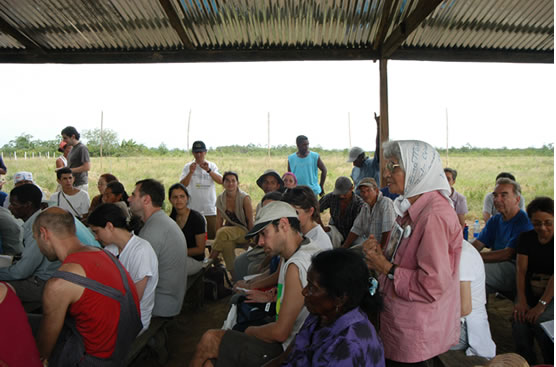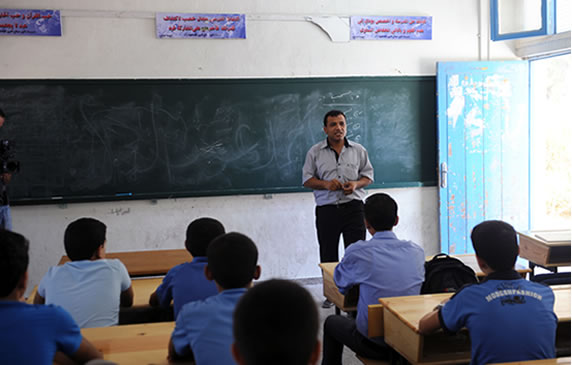Corruption is a symptom of ineffectiveness of institutions, system gaps or failures, and effective anti-corruption responses cannot be designed without a thorough assessment of the problem. Proper diagnostic research is needed to identify and understand the spread or concentration of corruption within a system (a single organization or a system of organizations), the specific forms it takes, and the vulnerability of systems and processes. Research on corruption and corruption vulnerabilities is essential for building the evidence base for anti-corruption policies.
Diagnostic methodologies include legislative analysis; analysis of specific systems and how they operate in practice (e.g. public procurement); surveys; analysis of statistical data to provide quantitative information on corruption; and corruption risk assessments in institutional business processes or legislation, to name only the most common approaches. The various methodologies require a range of data collection methods, such as interviews, surveys, observation and field tests, as well as analytical skills to link the findings with systems and policies. For instance, surveys require competencies related to sampling and processing of statistical data. Staying abreast of new resources and developments in the field of governance assessments (e.g. corruption, public administration, local governance assessments), such as by sharing experiences with national and international assessment practitioners, is essential for enhancing and maintaining corruption research capacities.



